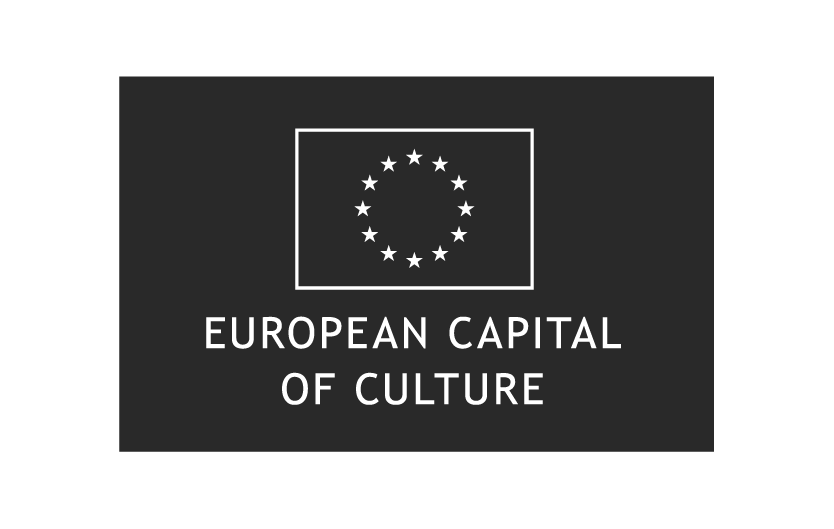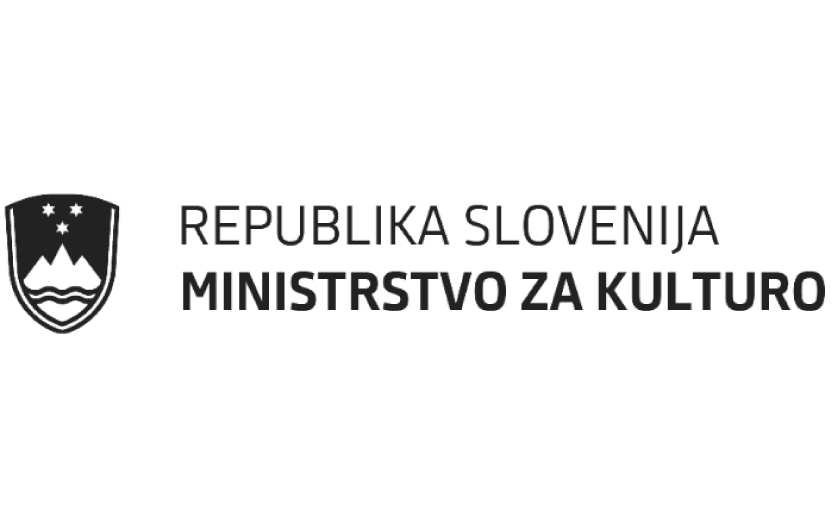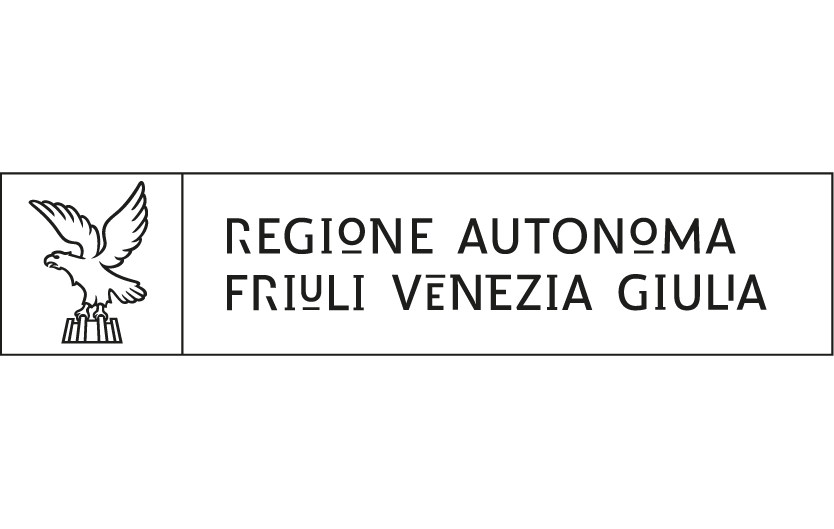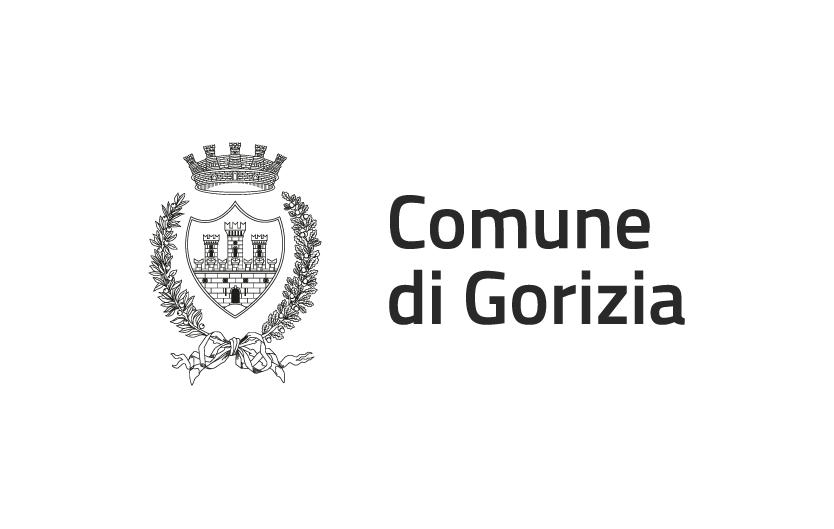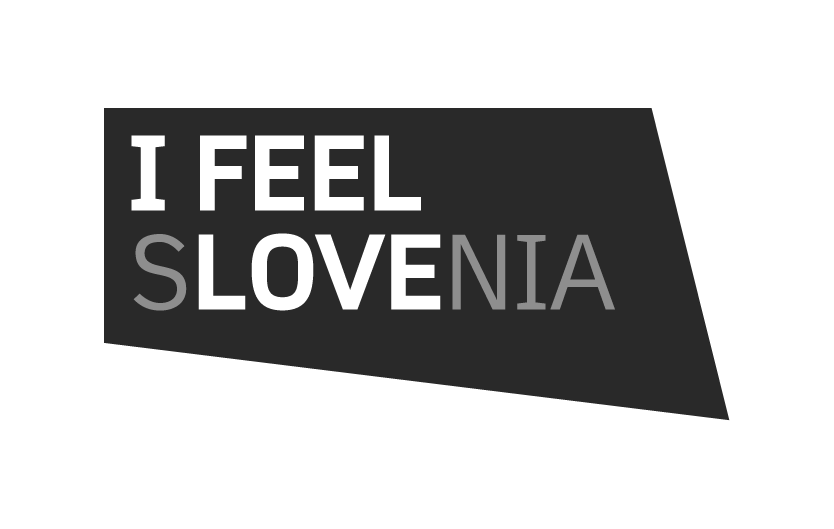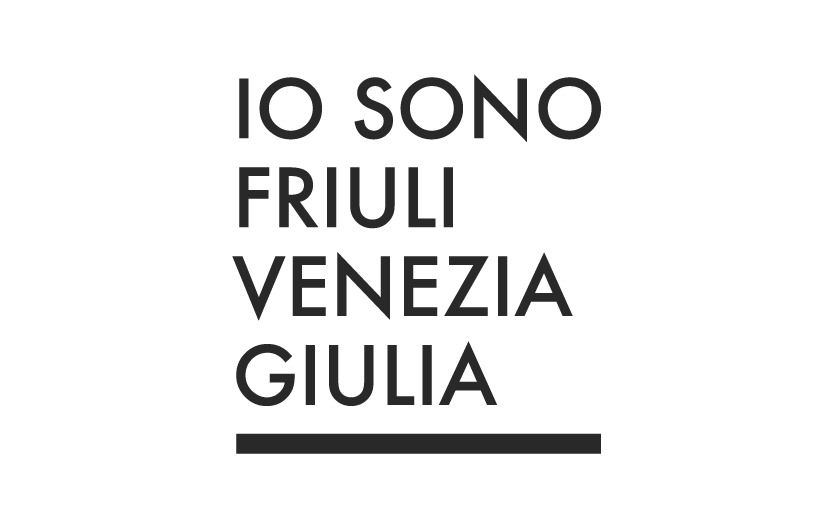13/11/2025

On the occasion of European Capital of Culture 2025 Nova Gorica - Gorizia, the international conference "Franco Basaglia. Beyond Borders. Practices of Freedom" was held in Gorizia.
The recent Paris Declaration of June 2025, promoted by the WHO and signed by 31 European countries, calls for the urgent need to address the mental health crisis with an integrated and cross-cutting approach, promoting psychological well-being in all public policies.
The data for the WHO European Region are alarming and confirm the urgent need for targeted interventions. One in six people reports a mental disorder, and one in three does not receive effective care. The situation is even more critical for those experiencing psychosis: one in four has no access to any form of formal treatment. Every year, 150,000 people take their own lives; suicide is now the leading cause of death among young people aged from 15 to 29 years. Over 11% of adolescents exhibit problematic behaviour related to social media use. One in four people over sixty reports living in loneliness. During the COVID-19 pandemic, the prevalence of anxiety and depression increased by 25% globally. Added to this is a dramatic shortage of mental health professionals.
The Paris Declaration emphasizes the need to align responsibilities and funding across different levels of government and public administration; involve people with mental distress already from the policy design stage; create public spaces that foster inclusion and social connection; develop prevention strategies that begin in schools, workplaces, prisons, the media, and urban settings; and finally, promote safe use of digital technologies, particularly to protect young people online. Europe urges decision-makers and public policymakers to ensure that mental health is not relegated to the margins, but is recognized as an essential foundation for dignity, well-being, and social cohesion.
Psychological well-being, usually understood as a condition in which an individual can realize their potential, face the challenges of everyday, work productively, and contribute to their community, can therefore be seen as an individual objective, a fundamental human right. While this right has to be affirmed constantly, mental health is not just an individual concern; it is a collective good closely intertwined with social cohesion and the quality of life of an entire community. Moreover, transition to the community care fosters new forms of solidarity, needed in the present historical moment.
This can be witnessed in the cross border cooperation. GECT-GO, was established as an Italian public law entity by the municipalities of Gorizia, Nova Gorica, and Šempeter-Vrtojba in order to to identify and address shared challenges, to improve the quality of life along the border. In the action of "Building a Network of Cross-Border Health Services" particular interest was given to the "Mental Health" project, results of which we noted with interest by the Slovenian ministerial authorities for its possible impact on mental health and deinstitutionalization.
Similarly, in the special care home of Dutovlje, a deinstitutionalization project of resettling residents to the neighbouring areas (including Nova Gorica) has been effected, also with the refence to the Italian experience. The reception of residents by the community and development potent services can be fostered by cross-border cooperation.
The aim of cooperation across the border, inter alia, can provide answers to harmonisation of the possibilities for care, for implementation of the right for care in the community, which is at this stage not equal on the both sides of the border.
However, cross-border cooperation, need not be just an isolated, wrapped up pilot experiment, but must be fully evaluated with respect to the objectives achieved, its sustainability and its potential for generalization and systemic implementation.
On the occasion of European Capital of Culture 2025 Nova Gorica - Gorizia, the international conference "Franco Basaglia. Beyond Borders. Practices of Freedom" was held in Gorizia. It was attended by professionals from many countries, including non-European ones, and by Devora Kestel, Director of the WHO Mental Health Area. The conference provided an opportunity for broad discussion and in-depth analysis of the excellence in mental health policies implemented internationally. The results of two days packed with presentations, interventions, debates, and discussions, with contributions from professionals, stakeholders, politicians, and administrators, highlighted the importance of the transition from institutional to community care and of persevering and revitalizing those mental health practices that put the person at the centre, support inclusion processes, and ensure the access to citizen and social rights.
The main conclusions of the conference point to the necessity of continuing of Basaglian practice of dismantling the institutional set of care and provide person and community centred services. More so, we need to revisit original Basaglian notions of authentic human encounter, resisting total and authoritarian solutions, changing the role of the professional so they really serve the user (and not the public order), engage in the real problems, respond to life contradictions, to do this without restraint, coercion and internation. To provide power to resist the wrong and affirm the rights, to invent new ways of care and social engagement, to act where forces of exclusion intersect, to enable safe spaces and new places of freedom and new subjectivity for change. To create transversal sets of knowledge, practical wisdom based on the "senso buono" of the utopia of reality.
In light of the above, the conference participants call on the municipal authorities of Gorizia, Nova Gorica, and Šempeter-Vrtojba, the Presidency of the EGTC GO, the Council of Europe and the European Parliament, and the national authorities responsible for mental health to:
- Recognize mental health as an essential foundation for dignity, well-being, and social cohesion.
- Strengthen actions aimed at considering mental health as a central element in all public policies (Mental Health in All Policies):
- Develop action to share, exchange, and disseminate best practices in deinstitutionalization and community mental health:
- Support and revitalize cross-border experiences, which includes allocating adequate funds for the continuation and systematization of successful experiences, starting with those implemented so far within the territorial scope of the EGTC GO with Gorizia, Nova Gorica, Šempeter-Vrtojba, and Dutovlje. These, if adequately supported, could serve as a model for innovative, previously unrealized, cross-border community mental health practices.
- Strengthen and revitalize the involvement of local border communities, as a valuable resource for models of transnational coexistence and cohesion, in creating shared knowledge and in exchange of innovations, culture of peace, sustainable development actions, and synergies at all levels of health and social policies and in the development of social and human capital.
- Involve the WHO and its partner organizations, such as the World Federation for Mental Health, in the promotion, dissemination, transmission, and networking of these practices.
Photo: Martina Birsa
